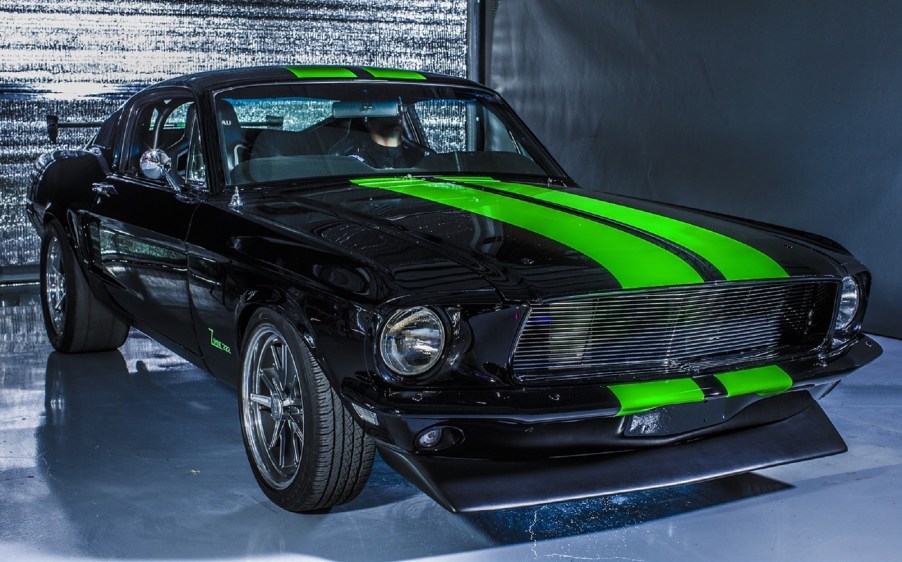
Electric Car Conversions: Be Prepared and Save
Many owners and enthusiasts are concerned about the tidal wave of pressure for the industry to accept electric vehicles (EVs) and phase out internal combustion engines (ICE). However, even with changing times, there are solutions to the push for electrification. If no marque makes an EV you can get behind, you can always earmark your favorite car for an EV conversion. Still, before you tear apart your old Volvo or classic Ford Mustang for an electric car conversion, you should know a few things.
Can any car be converted to electric?
A motivated owner can convert just about any car to a fully-electric vehicle. Where there’s a will, there’s a way to accomplish an electric car conversion. However, some vehicles are much easier to transform into an EV. For instance, classic cars with fewer complicated electrical and safety components make more willing recipients for a complete transformation. Many classic muscle car and pickup truck owners opt for a “Tesla swap,” wherein Tesla architecture replaces all of the ICE components of a recipient car.
However, only some electric car conversions require premium equipment; some self-proclaimed EV builders use forklift motors to accomplish their DIY conversion. According to ItStillRuns, “a forklift is practically an EV conversion in a box, with all of the motors, motor controller, and battery provisions that you’ll need.”
How much is an EV conversion?
A professional EV conversion is pricey; many companies can charge six figures or less depending on the extensiveness of the build. For instance, Treehugger says that a Zelectric Motors Porsche conversion could cost as much as $88,500. Moreover, Texas-based Bloodshed Motors will tackle a conversion-ready show car with an AC-powered application for roughly $130,000 to $140,000. Of course, Bloodshed’s “Lightning Rods” are refined, purpose-built EVs, not simple budget conversions.

However, a motivated builder can accomplish their own DIY electric car conversion for significantly less. Conversion kits from companies such as EV West can cost as little as $9,000. Moreover, Electric GT produces dressy, professional-looking applications to turn cars like an MG Midget into an EV hot rod. The kits are out there; it just depends on your vision and budget.
Are electric conversions legal?
EV swaps and conversions are legal, and owners can even register them for road use. According to the Environmental Protection Agency (EPA), “neither EPA nor California Air Resources Board (CARB) require that EV conversions be certified.” Of course, owners have to register their personal electric vehicles like any other car.
Is an electric conversion worth it?
An electric car conversion is worth it, depending on what car an owner wants to convert. For instance, if someone has a classic Chevrolet Camaro, Fiat 124, or Ford F-100, their vehicle could be a fast, capable, and emissions-free application for an EV swap. However, inexpensive gas-powered vehicles might not be worth the cost and effort of conversion.
For instance, swapping a more modern family sedan like a 2015 Chrysler 300S might not be worth it. That car could cost $15,000 or more with average mileage. Moreover, even a cheap DIY conversion could push the cost to $25,000 or more before considering the difficulty of insurance or complications. Instead, owners could buy a 2023 Nissan LEAF for close to that much with a factory warranty.
What do you think about EV conversions? Tell us in the comments below!



